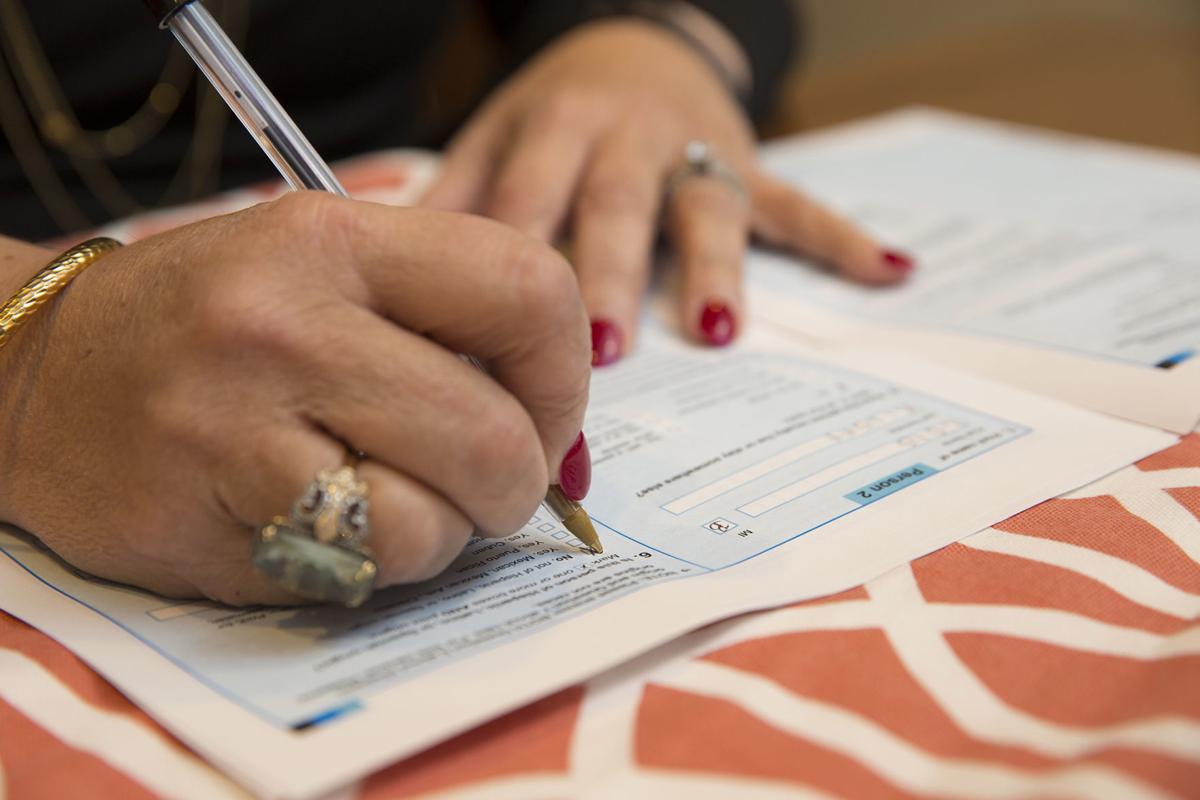PHOENIX – The City Council has voted to join multiple cities and states in a lawsuit to prevent the federal government from including a citizenship question on the 2020 Census questionnaire.
The measure to allow the city manager to include Phoenix in the lawsuit was approved 7-2 on Tuesday with Councilmen Sal DiCiccio and Jim Waring opposed. City officials stressed that an undercount could cost Phoenix millions of dollars in federal assistance if the question keeps undocumented residents from taking part in the census.
The Commerce Department in March announced that the citizenship question, which will ask whether an individual is in the United States legally, will be reinstated on the 2020 census. It argued that the question, which was present on all decennial censuses from 1820-1950, will permit the government to get accurate data on the number of adults eligible to vote.
The Phoenix council majority agreed that the negative consequences of such a question far outweigh the benefits.
Councilwoman Kate Gallego argued that the question will lead to an under-reported population.
“The additional question was added to intimidate people into not participating in the census,” she said.
Also, Councilman Michael Nowakowski said that from an economic standpoint, the city can’t afford to allow the question to be asked.
He said data from the undocumented community helps in “economic development and growth in our city” and paves the path for the correct tracking of businesses.
Since 1980, the U.S. Census Bureau has asserted that citizenship questions reduce the rate of response.
Councilwoman Debra Stark concurred.
“I agree with the Census Bureau,” she said. “I think when you ask these types of questions you’re going to reduce response rates, so I’m not sure we would get accurate data, but we do need that data because as we grow we want to make sure we’re represented and we’re represented correctly.”
Deputy city manager Karen Peters, citing Census Bureau figures, said about 13 percent of Phoenix’s population is undocumented.
For each person overlooked in the census, the city would lose $350 in state funding and $150 in federal funding each year. This would lead to a loss of $170 million annually, Peters said.
Mayor Greg Stanton said those numbers were conservative.
“It will result in an undercount beyond even the numbers that you have indicated,” he told the council. “Which is bad for a lot of different reasons, not just the money, not just the political representation. We have to know who’s in our community, who’s in our country, so we have to do an accurate census.”
If Phoenix residents are undercounted, affected programs could include Section 8 housing assistance, Head Start/Early Head Start and the Supplemental Nutrition Assistance Program, which provides free food to Arizona families and individuals.
Resources aimed at law enforcement also could be affected by an undercount.
DiCiccio, however, said the city was missing an opportunity to gain valuable data about its population.
“It’s still amazing to me the scare tactics that are being put out there … that it’s going to drive people away, it’s going to do all these bad things,” he said. “If we don’t have the right stats in front of you, you can never make the right decision.”
Since federal officials announced the inclusion of the citizenship question, California and New York have sued the government. Former New York Attorney General Eric T. Schneiderman filed the bigger of the lawsuits, which includes 17 states, seven cities and the District of Columbia.
While the council discussed joining that lawsuit, the final decision will be up to City Manager Ed Zuercher. Waring argued that because the outcome of the lawsuits would apply to the entire country, joining one would be an unnecessary expense.
“Why spend money we don’t have to produce exactly the same outcome either way?” he asked. “I guess it’s a symbolic gesture for some people, but that’s all it is. I think the value of that in this case is zero.”
Gallego and Councilman Daniel Valenzuela pushed to have the matter brought to a vote during Tuesday’s meeting.
“
We need ... to make sure that the people of Phoenix are accurately represented,” Gallego said.





